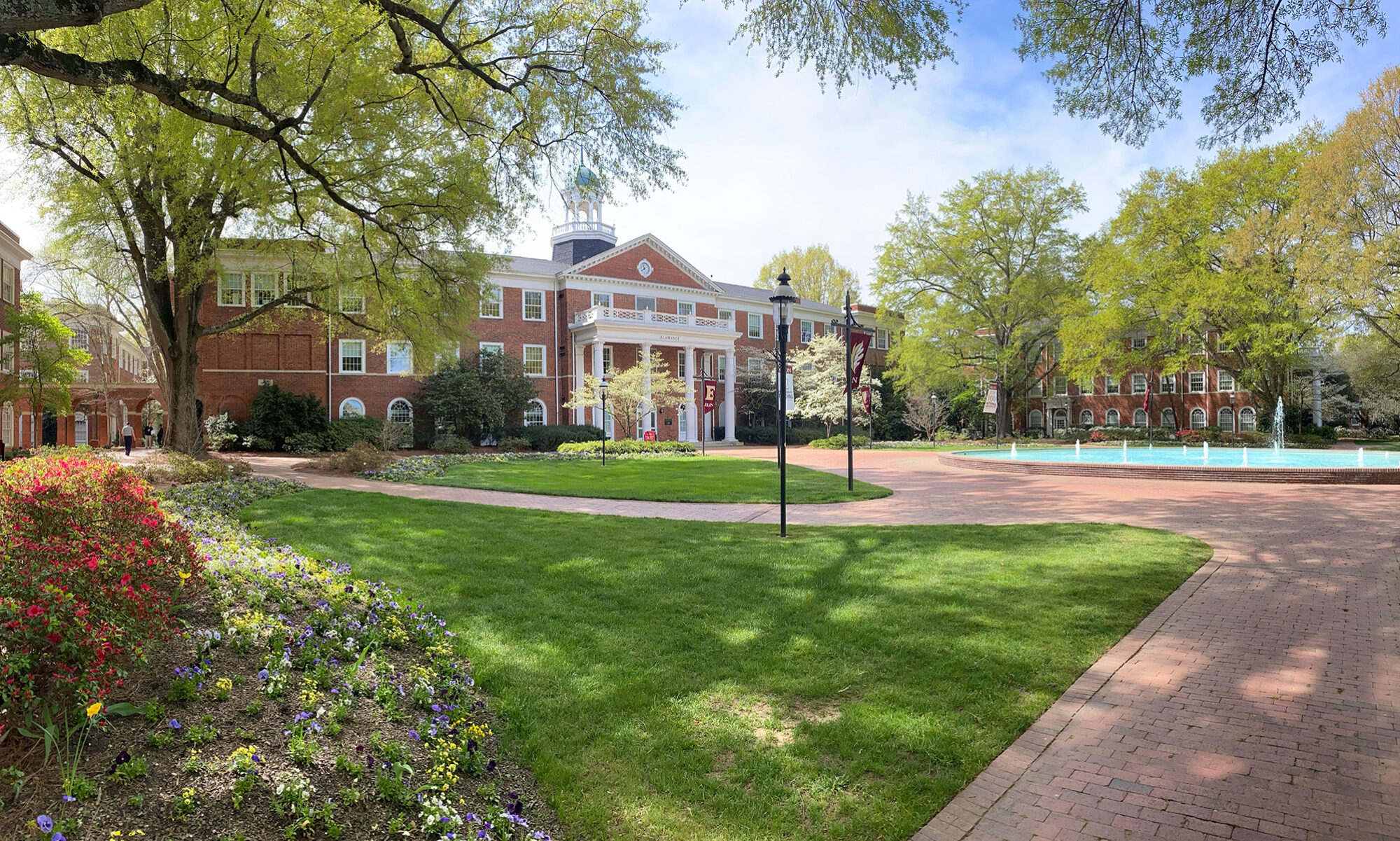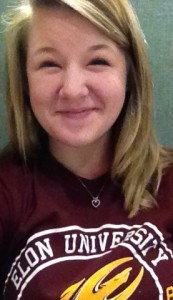The Class of 2017 is working to plan and solidify details for a conference that will take place in Namibia in January 2017. This conference will be an interactive environment for university students and professionals to share knowledge on techniques for developing food security particularly in Namibia but also in all parts of the world. This conference has allotted time for students to share their personal research on related topics. Students from The University of Namibia and Elon University will conduct research to be presented at this conference. As an integral part of Periclean Scholars Program we also strive to educate and share our learning with our own community. We have decided a good way to do this is to present our research again at Elon University through SURF Day, the undergraduate research presentation day. Below is a summary of the topics that Elon students will be researching in small groups to present.
To begin, our class chose to look at the very foundation of the work we are doing. One group of students will investigate the sustainability of food aid programs in the United States and Internationally. There is a debate in global spheres about sustainability and the line between crisis and development aid and how addressing food security falls along that line and in what situations. This group of students are looking to present on the ‘best practices’ of sustainable food aid at the conference in Namibia and also to the Elon Community on SURF day.
Alongside the many projects a group of students will research current information about the psychological effects of lack of access to food on people. As a class we feel that we have learned and the community is more aware of the physical and economic effects of lack of access to food, but there seems to be a gap in the conversation about the psychological effects of food insecurity. This team of students hope to fill this gap of information to make ourselves and the Elon community more aware of the data and research behind the psychological effects that much of our community may feel from living in a food desert and having lack of access to food.
As part of our projects a team of students are filming a documentary that brings light to the topic of food security and how different institutions are working towards improving food accessibility. Filming for the documentary began in June 2016 when a group of students traveled to Namibia to meet with contacts and begin developing the storyboard for the documentary. The documentary is anticipated to be finished in April 2017. With this deadline, the research team hopes to showcase clips of the film as part of the SURF presentations as well as give a presentation regarding the steps taken to film this documentary and the challenges that were faced by the team.
Another topic that we explored was the ethics of aid. More specifically, how the United States and other Western nations fail to take into account certain ethical, social and cultural ideals when delivering aid to African countries. Billions of dollars are poured into foreign aid, accomplishing things from providing economic foundations to bricks and mortar projects in small communities. There is a diverse array of state and non-state actors that contribute to foreign aid, yet despite the influx of money on these issues and regions, corruption continues to persist. And it isn’t exclusively corruption from the side of African nations, but elements of our system of aid are flawed which has allowed for the opportunity of corruption and manipulation to exist. This research aims to understand and analyze these key factors.
Narrowing the focus to Alamance County, another project will be focused on food deserts and food insecurity within Elon’s surrounding communities. Many students wouldn’t notice it traveling within a certain radius of Elon, but the outer reaches of Alamance County are struggling with access to food. One problem is the disconnect between more rural and isolated areas of Alamance county and the lack of markets or grocery stores in that area. Not only that, but other types of unhealthier foods are becoming more accessible with the increase in fast food within the county. It’s cheap and comes in large portions, with trade offs being the unhealthy manners in which the food is prepared. This is another issue our class is exploring.
Finally, our class will explore the relationship between HIV/AIDS and food. For people living with HIV/AIDS, it’s important to sustain one’s healthy living through a balanced and nutritious diet. This is important and applies to all people, but even more so for those HIV positive. The problem occurs when the communities where HIV positive people live are food insecure. This adds many problems that disproportionately affects those living with HIV. Another group of Periclean students will be exploring HIV/AIDS in Africa especially in the context of food deserts and food insecurity.


 Follow
Follow
